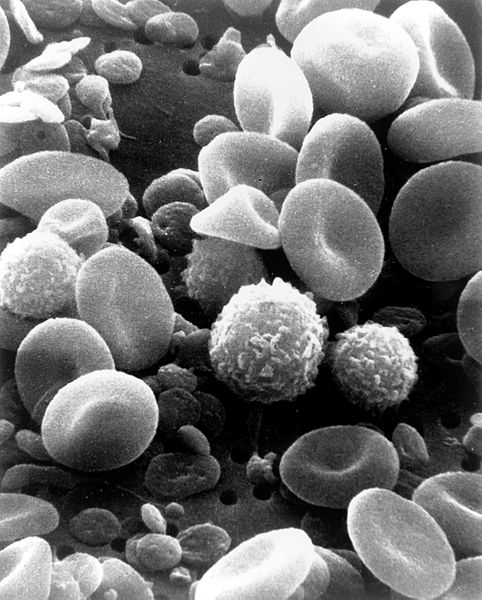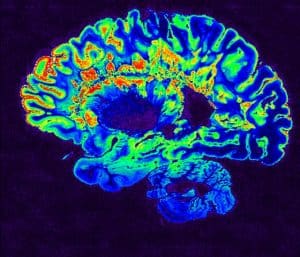
Stanford scientists develop test for ME
pharmafile | April 30, 2019 | News story | Manufacturing and Production | CFS, ME, diagnosis, electric curernt, immune system, nanoelectronic assay
Scientists from Stanford University have, for the first time, developed a test for Myalgic encephalomyelitis/chronic fatigue syndrome (ME/CFS).
The blood test offers new evidence for the biological basis of ME, which has been controversial for many years.
“Too often, this disease is categorized as imaginary,” said Dr Ron Davis, professor of biochemistry and of genetics.
The test, which scientists say diagnoses ME with 100% accuracy, uses a nanoelectronic assay to test changes in electrical activity in immune cells in blood plasma.
In testing for ME the researchers stressed blood samples from patients with ME and controls, using salt. They then tested for changes in electrical current within the cells using the nanoelectronic assay.
All blood samples from patients with ME showed a spike in activity compared to samples from healthy controls.
According to the researchers, the spike shows that the cells and plasma are flailing under stress and are thus incapable of processing it properly.
“We don’t know exactly why the cells and plasma are acting this way, or even what they’re doing,” Davis said. “But there is scientific evidence that this disease is not a fabrication of a patient’s mind. We clearly see a difference in the way healthy and chronic fatigue syndrome immune cells process stress.”
The researchers are now using the nanoelectronic assay to screen for drug based treatments. “Using the nanoelectronics assay, we can add controlled doses of many different potentially therapeutic drugs to the patient’s blood samples and run the diagnostic test again,” Dr Rahim Esfandyarpour said.
If drug treatments prevent the spikes in electrical current it could mean that the medicine may be effective in helping immune cells process stress. As such, they could be used as a treatment for the disease.
Louis Goss
Related Content

Cardiff University team discovers new method of killing cancers
A team at Cardiff University have discovered a new part of the human immune system …

MRI scans can help predict MS patient’s long term prognosis, 15 year study shows
MRI scans can predict MS patient’s long term prognosis when they are first diagnosed, according …

New diagnostic tool predicts tuberculosis infection with 73% accuracy
A new diagnostic technology has demonstrated the ability to identify human tuberculosis (TB) infection and …






